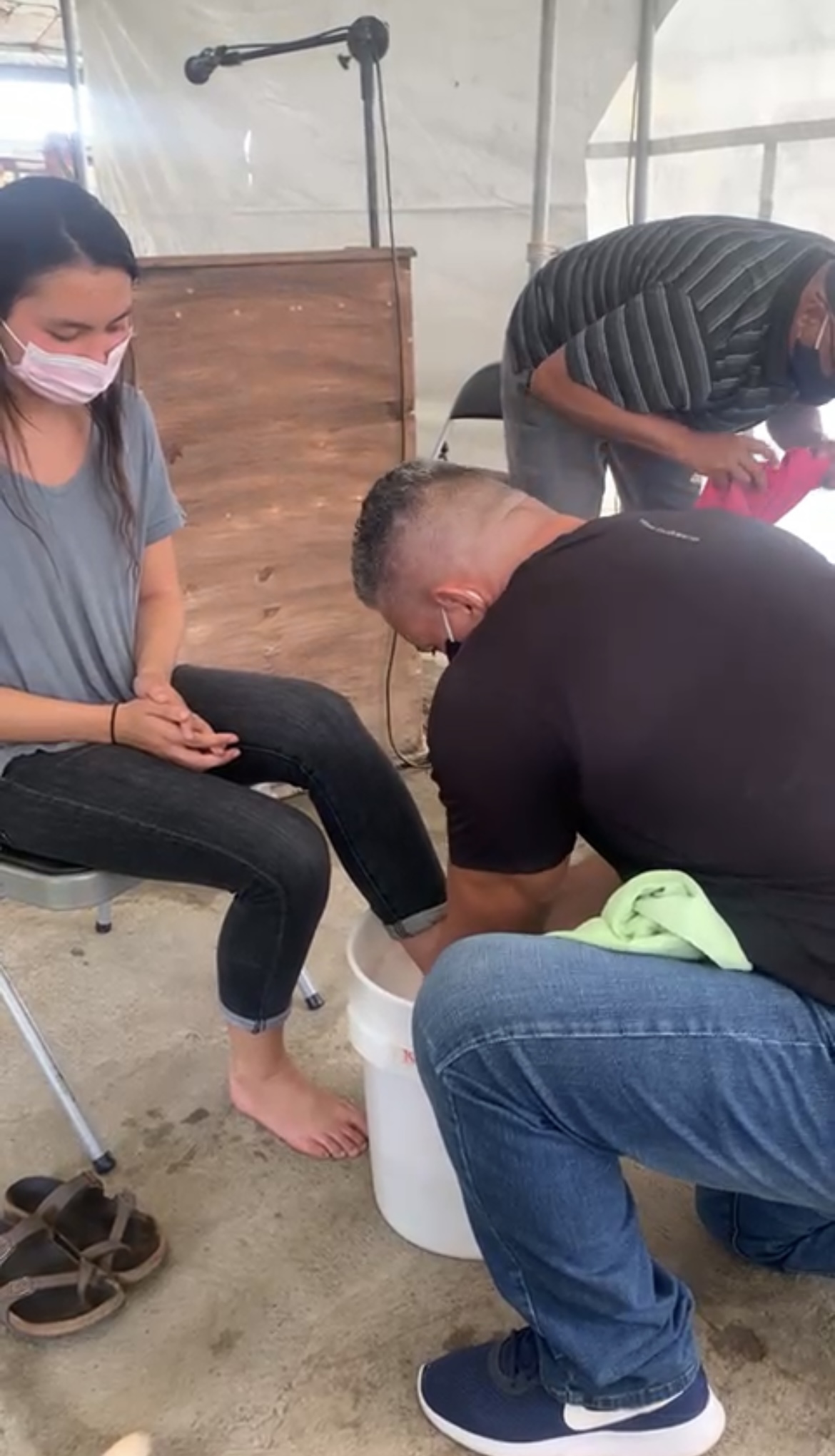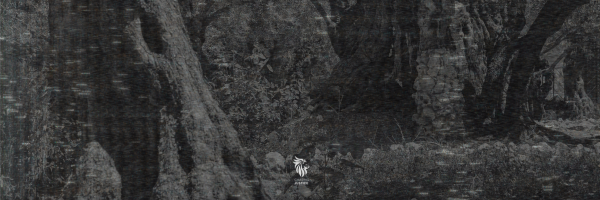The incarcerated men who I now call friends have spoken more directly into my life and who I am than any other pastor, professor, or mentor.
Three years ago, I walked into a prison in Costa Rica as an intern, wanting to learn more about how restorative practices in the context of a prison system can prepare people for reintegration into society. I was curious about alternative ways of thinking about crime and punishment and this restorative justice program felt like the next best step. I was already deeply moved by the words of Bryan Stevenson, a lawyer for the poor and incarcerated, who says: “you are more than the worst thing you’ve ever done.”
As I went through the program, I wrestled with how the church seems all too eager to condemn, but doesn’t take time to ask questions and know the full story: Who is the human being behind a crime? What systems and factors contribute to their actions? What kinds of injustice or oppression has this human experienced themselves?
I was unsatisfied with the church’s definition of justice that says, we hope your soul is restored, but forget the rest of you. We don’t think you’re capable of being transformed enough to allow you to reintegrate into society.
Sounds harsh, but I think the church’s understanding of justice and incarceration often boils down to this. It is black and white, and doesn’t leave room for the diffficult, transformative work of engaging the complexity of someone’s story through proximity.
The thing about proximity, is that it is deeply transformative… not just for them, or that person over there, but for me, for us. The narratives of our society often suggest that those who are incarcerated are less than human and don’t have anything to offer our communities.
But incarcerated humans have spoke the most life into me:
You are such a good teacher.
You know how to listen well to our stories.
You are a leader.
You have important things to say to the world.
You see us.
We know you are with us.
My proximity to these human beings, to these brothers, these friends, has changed me.
Mutuality, Proximity and the Invitation of Jesus in Action
On my final day at the prison I led a workshop on restorative justice and the practice of peace circles – a method of addressing conflict, building trust and fostering communal healing through dialogue. The idea is to build empathy and recognize our shared humanity.
I wanted to conclude the space with a symbolic act that shows service, care, and restoration of relationship. Throughout my time, I heard about the inner conflicts the men had: many of the guys shared with me personally, or I overheard whispers of the chisme that certain guys were not on the best of terms.
So, I set up some buckets and water and invited them to receive and give— to sit and allow someone to wash their feet and then wash the feet of the next person in line behind them. I will never forget how one man approached me at the end of the activity, looked me straight in the eyes and said, “let me wash your feet.”
That invitation completely turned my understanding of solidarity, proximity and mutuality on its head. I was the one who was supposedly facilitating this workshop, and this man looked me dead in the eye and communicated a message of deep solidarity, proximity, and mutuality with me.
He pulled me into a kind of connectedness with this community and broke down a barrier that I was not even aware of in my mind. It was the barrier of the prison walls that screamed that these people are criminals, they are not to be trusted, they are not fully human. It was the messages from the church that told me that their souls could be restored, but forget reintegration into society.
With his invitation, he pulled me into a deeper work of transformation. His request and his posture toward me, made me realize that there was both something inside of me and between us that needed to be restored. His actions toppled any narrative in my mind that those on the “inside” are different than those on the “outside.” His act of love and service challenged me to think about how I wanted to commit to loving and serving him, too, both inside the prison and out.
Every time I’ve seen him since, he’s repeated how the workshop impacted him, but in reality, I tell him, his invitation to mutuality completely transformed me. His act of love made me more quick to ask questions about our systems and to not assume that just because it “appears” to be working (because my privilege allows me to think that), that it truly is. He taught me that we must imagine shalom together, because if one can’t flourish within a system we’ve created, then none of us are truly flourishing.
Why Proximity is Worth the Cost
It is also true that proximity is challenging and costly. When we are able to see past dividing walls and recognize that we are all humans, we become a threat to the systems in place.
Systems are designed to keep us divided because this is how we maintain the status quo: dehumanizing others and justifying injustice.
The first pushback I experienced from the system was attempting to enter the prison. The guards told me that I didn’t have the correct permit, even when I saw my name on their list they held in their hands. They patted me down, asked me many questions, flipped through my notes, smelled the liquid inside my water bottle… all in an attempt to get me to question whether I believed proximity was worth their trouble.
To go through this process every single time you enter the prison can feel tedious and annoying and if I’m honest, sometimes I left congratulating myself for putting up with this small annoyance.
But oh how I was humbled and changed, time and time again, as I entered into the prison and was welcomed by my friends, who revealed to me that proximity really is an invitation to mutual transformation.
Why?
In John 13, Jesus sits with his disciples at a shared table, and he begins to wash the disciples’ feet. Peter resists because he doesn’t want his Rabbi to wash his feet, but Jesus responds that his refusal misunderstands Jesus’ message and character. So Jesus washes Peter’s feet and once he finishes he tells his disciples that just as he has washed their feet, they should wash one another’s feet. His words are an invitation to remember their shared humanity – their mutuality.
Proximity is a first step that we must intentionally take, because the systems are designed to keep us apart from one another, so that injustice and oppression of a fellow human being remains hidden. We miss out on the beauty of shared mutuality when we blindly follow these systems. Proximity invites us to free ourselves from the lie that we are not all of the same source.
But proximity offers another invitation that follows, one that sometimes feels even harder. It is the openness to allow the Spirit to break down the barriers that exist inside of each of us, so that we may more fully embrace that somos uno, we are one.
This is Jesus’ invitation: proximity that leads us to mutuality, where we sit at a shared table and no prison wall (neither physical or metaphorical) exists to separate us.









